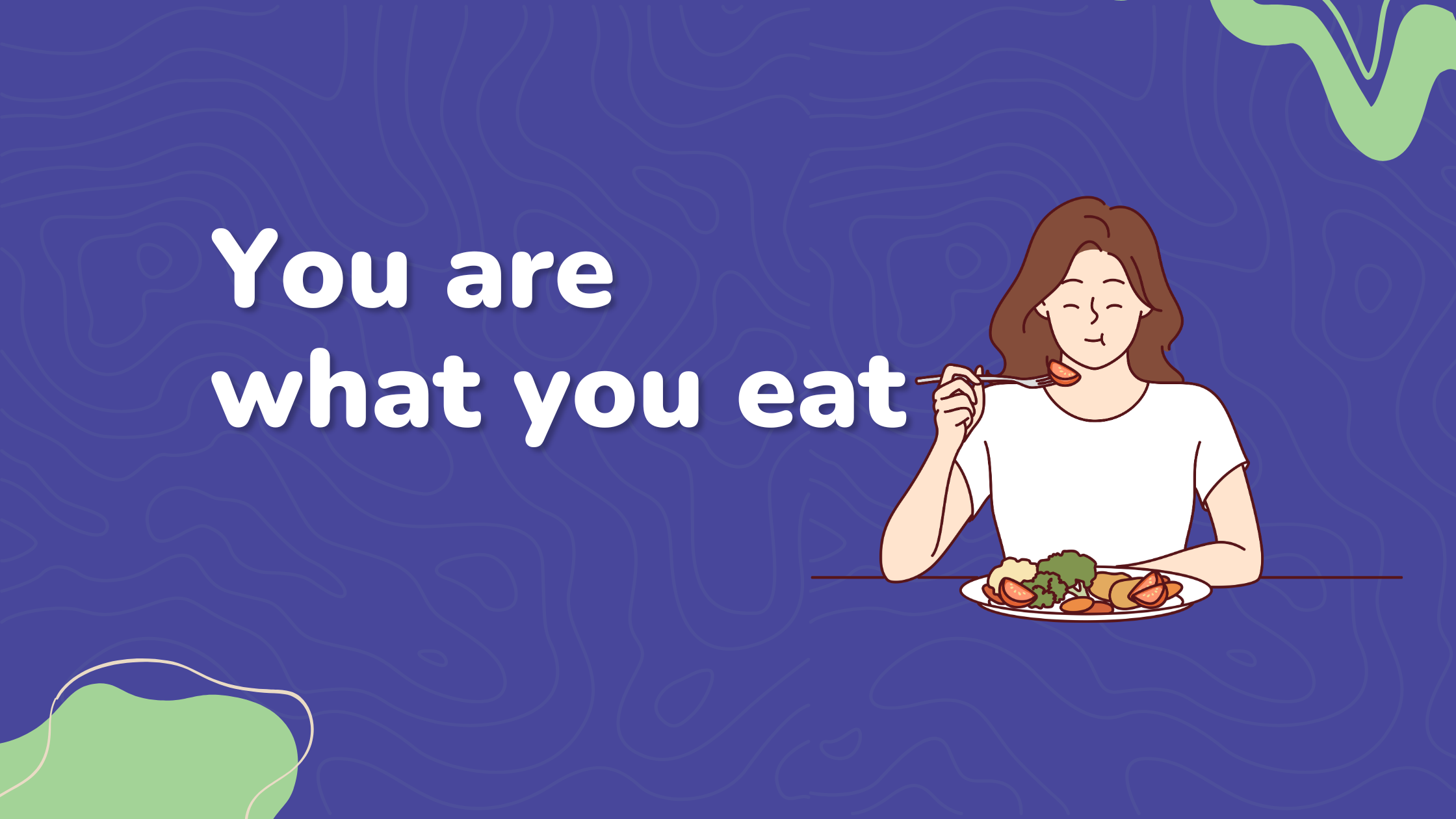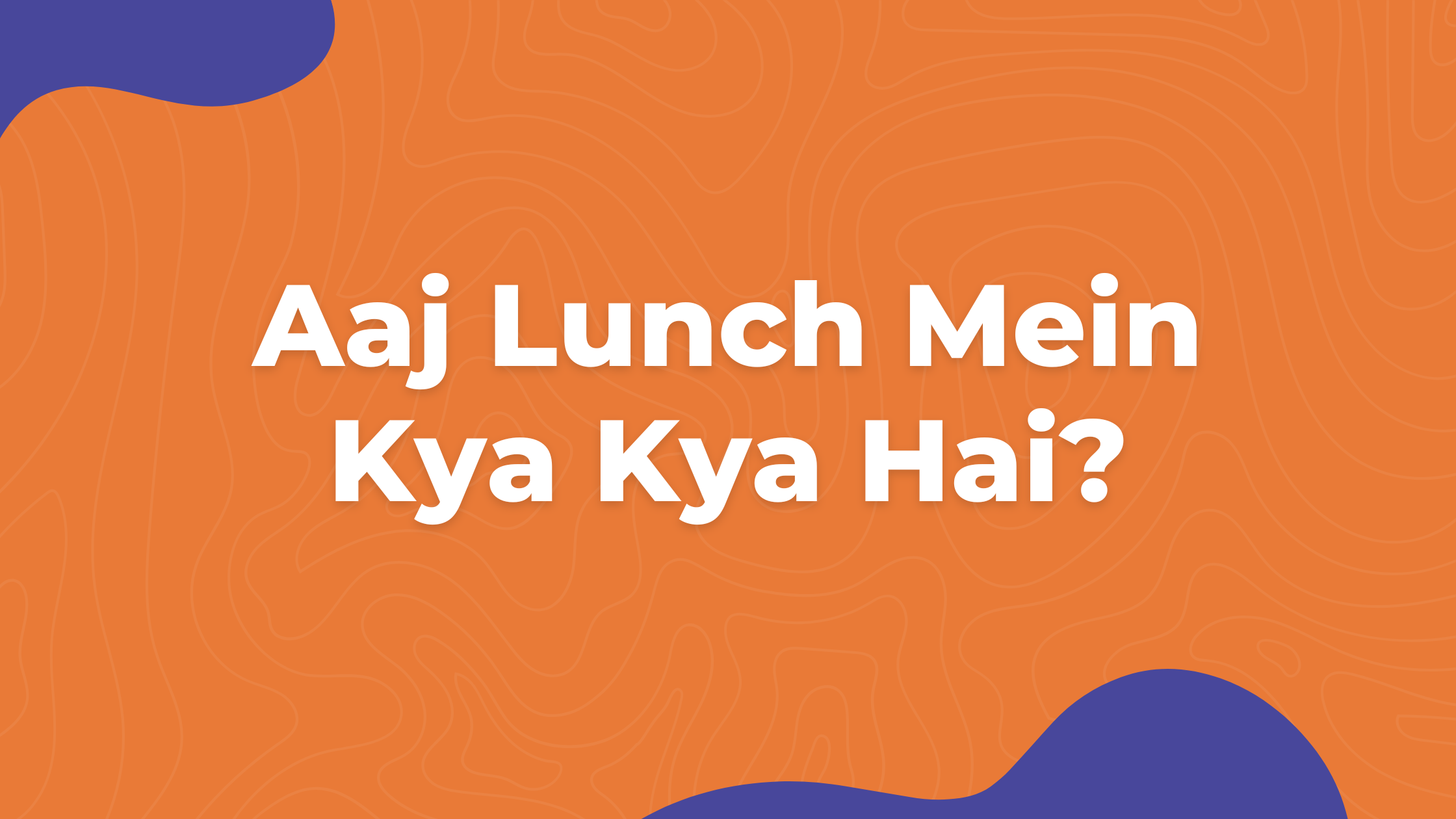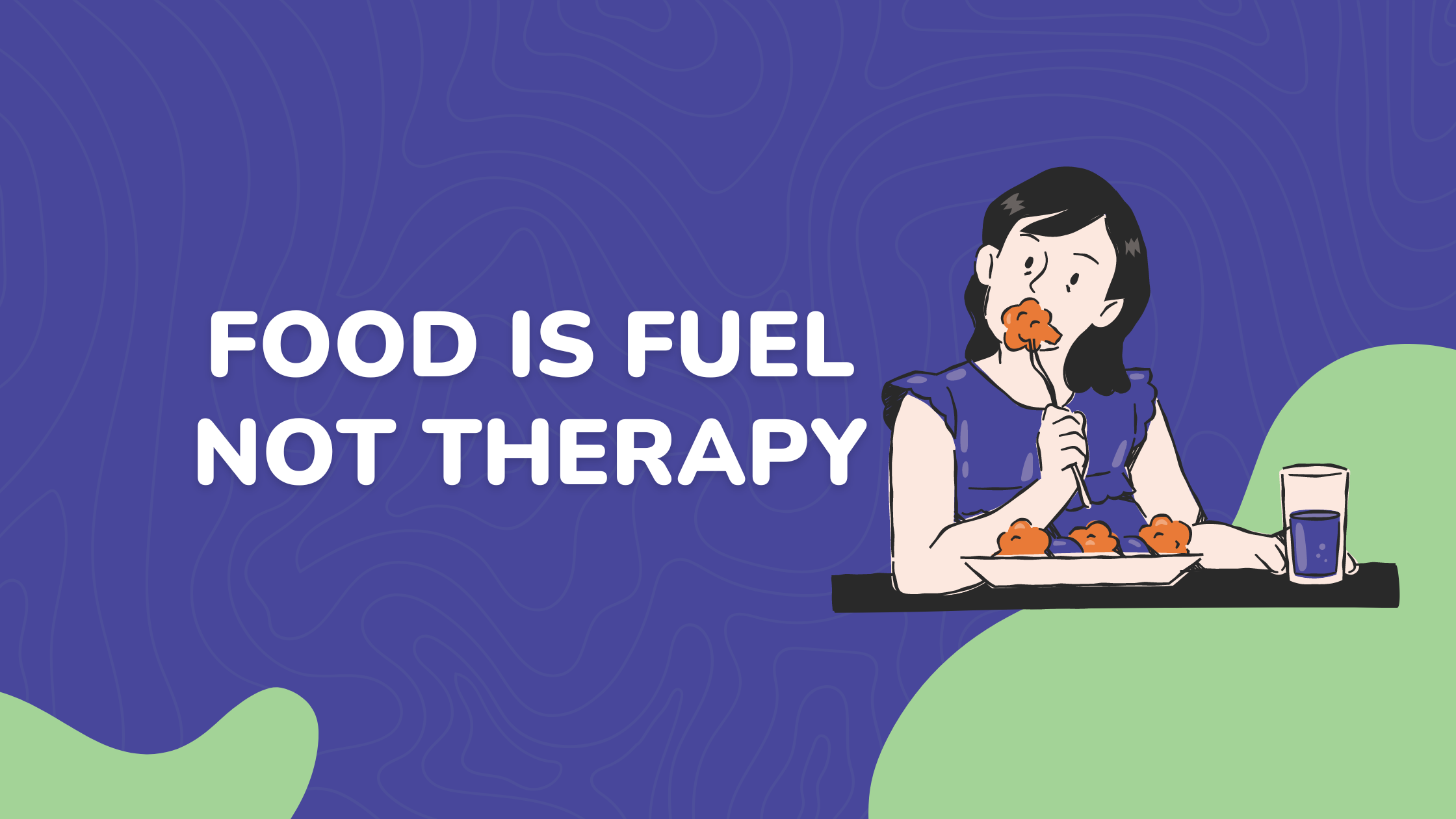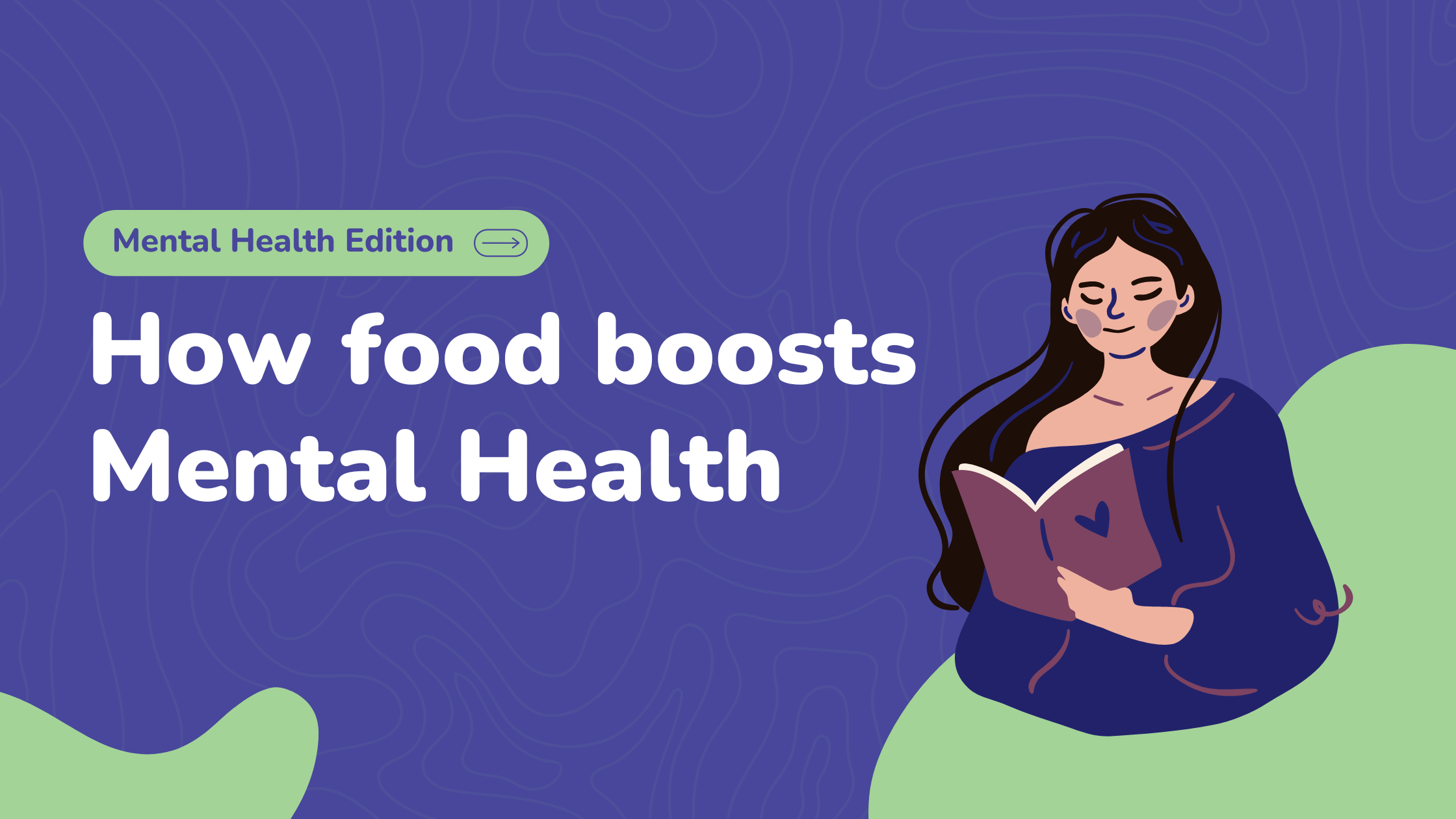Let’s talk about something super important that doesn’t get enough attention—how your diet can impact your mental health. Yep, what you eat isn’t just about your physical appearance; it’s about how you feel on the inside too. Let’s dive into the connection between diet and mental health and discover how you can boost your mood by making tasty and smart food choices!
Why Your Diet Matters for Your Mental Health
Imagine your brain as a car engine. Just like a car needs the right fuel to run smoothly, your brain needs the right nutrients to function at its best. Fueling up on junk food, sugary snacks, and processed meals is like putting the wrong fuel in your car. Sure, it might run for a bit, but eventually, it’s going to break down. On the other hand, eating a balanced diet is like giving your brain premium gas—it’s going to run like a dream.
Research has shown that what you eat can affect your mood, energy levels, and even how well you handle stress. Certain foods have the power to lift your spirits, keep you energized, and help you stay calm. Let’s look at how you can build a great diet plan for your mind!
The Ultimate Gen-Z Mental Health Diet Plan
Ready to eat your way to a happier mind? Here’s a simple, trendy, and do-able diet plan that will keep you feeling good from the inside out:
1. Mood-Boosting Breakfasts
- Oatmeal with Berries and Nuts: Start your day with a bowl of oatmeal topped with fresh berries and a sprinkle of nuts. Oats are a great source of slow-releasing carbs, keeping your blood sugar stable and your mood balanced. Berries are loaded with antioxidants that fight off stress, and nuts provide healthy fats that are crucial for brain health.
- Avocado Toast with a Twist: Mash some avocado on whole grain toast and add a poached egg or a sprinkle of seeds like chia or flaxseed. Avocados are rich in healthy fats and vitamins that support brain function, while whole grains keep you full and focused.
2. Energizing Snacks
- Greek Yogurt with Honey and Seeds: Greek yogurt is packed with protein and probiotics, which are great for your gut (and a healthy gut means a happy mind!). Add a drizzle of honey for natural sweetness and some seeds for a crunchy texture.
- Dark Chocolate and Almonds: Craving something sweet? Reach for a small piece of dark chocolate and a handful of almonds. Dark chocolate can improve mood by boosting endorphins, and almonds are a great source of magnesium, which helps regulate stress.
3. Lunch that Loves Your Brain
- Quinoa Salad with Veggies and Feta: Quinoa is a complete protein and provides a solid base for a nutritious meal. Toss it with colorful veggies like bell peppers, cherry tomatoes, and cucumbers, and add some feta cheese for extra flavor. A drizzle of olive oil and a squeeze of lemon make it refreshing and delicious.
- Chicken and Hummus Wrap: Grab a whole grain wrap, fill it with grilled chicken, fresh greens, and a generous spoonful of hummus. This wrap is high in protein and fiber, keeping you satisfied and focused all afternoon.
4. Dinner for Mental Well-being
- Salmon with Sweet Potato and Asparagus: Salmon is a superstar when it comes to brain health thanks to its high omega-3 fatty acid content. Pair it with a roasted sweet potato for a dose of healthy carbs and asparagus for a veggie that’s high in folate, which can help reduce anxiety.
- Stir-fried Tofu with Veggies and Brown Rice: For a plant-based option, stir-fry tofu with a mix of veggies like broccoli, bell peppers, and carrots. Serve it over brown rice for a meal that’s rich in fiber, protein, and vitamins.
5. Chill-out Drinks
- Green Tea: Green tea is not only soothing but also packed with antioxidants that are good for your brain. It also contains L-theanine, an amino acid that can help you relax.
- Berry Smoothie: Blend up a smoothie with your favorite berries, a banana, and a splash of almond milk. This drink is refreshing and packed with vitamins that can help fight off the blues.
Tips to Keep Your Diet Mental-Health Friendly
- Stay Hydrated: Don’t forget to drink plenty of water throughout the day. Dehydration can make you feel tired and cranky.
- Limit Sugary and Processed Foods: These foods might give you a quick energy boost, but they can also lead to mood swings and energy crashes.
- Listen to Your Body: Eat when you’re hungry and stop when you’re full. It’s all about balance and not about restriction.
Wrapping Up: Your Mental Health Matters
Your diet is a powerful tool in taking care of your mental health. By making smart food choices, you can boost your mood, increase your energy, and handle stress better. Remember, it’s not about perfection—it’s about making small, positive changes that add up over time. So next time you’re planning a meal, think about what your brain might thank you for later!
Happy eating and here’s to a happier mind! 🧠💫



